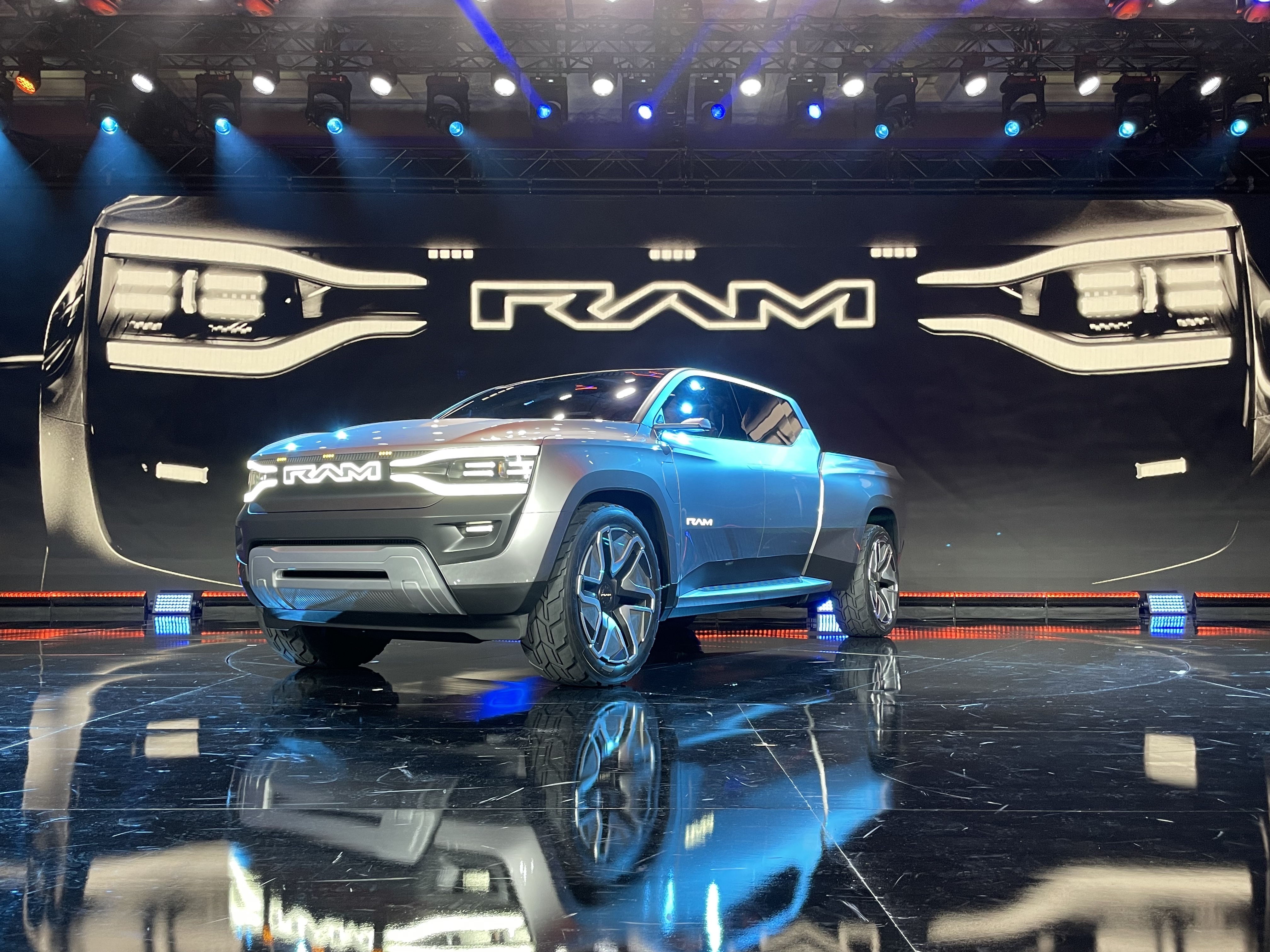
Ram Ends EV Pickup Truck Plans: What Does This Mean for the Future of Electric Trucks?
In a surprising turn of events, Ram has announced the end of its planned electric pickup truck project. This news, reported recently by TechCrunch, has sent ripples throughout the automotive industry, leaving many to question the future of electric trucks and Ram's strategy in the increasingly competitive EV market. Let's delve into the details of this decision, explore the potential reasons behind it, and analyze the implications for consumers and the broader electric vehicle landscape.
Why Did Ram Abandon Their EV Pickup Truck Project?
While Ram hasn't provided a definitive explanation, several factors likely contributed to this decision. It's important to remember that developing and launching a new electric vehicle is a massive undertaking, requiring significant investment in research, development, and manufacturing. Here are some potential contributing factors:
- Market Uncertainty and Changing Consumer Demand: The electric vehicle market, particularly for pickup trucks, is still evolving. While interest is growing, widespread adoption isn't guaranteed. Fluctuations in consumer demand, influenced by factors like charging infrastructure availability and perceived range anxiety, could have made Ram reconsider the project's viability. Perhaps Ram felt the demand for electric trucks wasn't where they needed it to be to justify the continued investment.
- Rising Production Costs and Supply Chain Challenges: The automotive industry has been grappling with supply chain disruptions and rising material costs, especially for battery components. These challenges can significantly impact the profitability of electric vehicles, making it more difficult to compete with traditional gasoline-powered trucks. The cost of producing an affordable electric pickup truck may have proven too high.
- Competitive Landscape: The electric truck market is becoming increasingly crowded. Rivian has already launched the R1T, Ford has the F-150 Lightning, and other manufacturers are planning to enter the fray. Ram may have concluded that it couldn't differentiate its product enough to gain a significant market share or that the competitive pressure would erode profit margins. Building a unique electric truck in a crowded market is a huge challenge.
- Focus on Other EV Strategies: Instead of a full-electric truck, Ram may be shifting its focus towards other electric vehicle segments or exploring alternative powertrain options like plug-in hybrids or range-extended EVs. This allows them to participate in the electrification trend without committing entirely to a potentially risky full-electric truck platform. Could Ram be focusing on developing electric commercial vehicles instead?
Implications for the Electric Truck Market
Ram's decision has several important implications for the electric truck market:
- Slowed Down Electrification of Pickups: While other manufacturers are still committed to electric trucks, Ram's retreat could dampen enthusiasm and delay the widespread adoption of electric pickups. It might make other manufacturers more cautious about their investment plans. Will we see a slower adoption of electric pickups as a result?
- Increased Competition for Remaining Players: With one less competitor, the remaining players in the electric truck market, like Ford and Rivian, will likely see increased competition for sales and market share. This could lead to more aggressive pricing strategies and product development efforts. Expect Ford Lightning competition to intensify.
- Shifting Focus on Hybrid and Other Alternatives: Ram's decision could signal a broader shift towards hybrid and other alternative powertrain options as a bridge to full electrification. Manufacturers may be more inclined to offer hybrid versions of their trucks to cater to consumers who are not yet ready for a fully electric vehicle. A hybrid pickup truck might become even more popular.
What Does This Mean for Consumers?
For consumers interested in electric trucks, Ram's decision means that they will have one fewer option to choose from. It also raises questions about the long-term viability of electric pickups and the willingness of manufacturers to invest in this segment. However, it's important to remember that other manufacturers are still committed to electric trucks, and consumers will still have choices available. The lack of a Ram electric truck will disappoint some buyers, but other options exist.
Ram's Future EV Strategy: What's Next?
While Ram has abandoned its planned electric pickup truck, it's unlikely that the company will completely abandon electrification. Ram may be exploring alternative EV strategies, such as developing electric commercial vehicles or focusing on plug-in hybrid technology. It's also possible that Ram will revisit the electric pickup truck market in the future when battery technology has improved and charging infrastructure is more widespread. We should expect to see future announcements about Ram's future EV plans in the coming months and years.
Conclusion: A Sign of the Times or a Strategic Retreat?
Ram's decision to end its electric pickup truck project is a significant event in the evolving electric vehicle market. Whether it's a sign of the challenges facing electric truck development or a strategic retreat to focus on other EV segments remains to be seen. Regardless, this move highlights the complexities and uncertainties surrounding the transition to electric vehicles and underscores the need for manufacturers to carefully assess market conditions, consumer demand, and technological advancements before making major investments. The future of electric pickup trucks is still being written, and Ram's decision is just one chapter in that story.